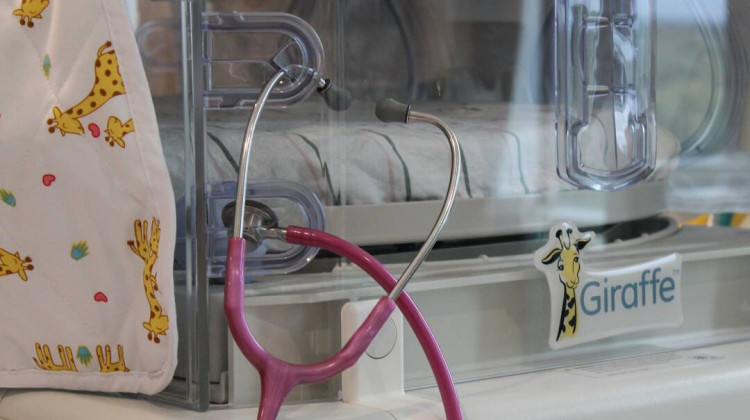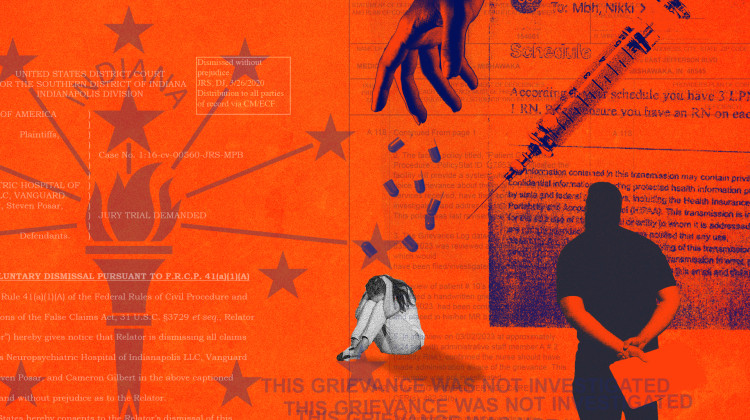New SAVI research from the Polis Center at IUPUI digs into why black residents in Marion County are disproportionately impacted by COVID-19. The reasons are rooted in systemic racism, historic inequities and social factors.
The rates of COVID-19 infections in Indianapolis’ black communities are nearly twice that of whites. The SAVI data focuses on three factors that play into this disparity.
First, black residents may be exposed to the virus more. They are more likely to be frontline workers, less likely to be able to work from home, and may live in more densely populated neighborhoods.
Second, black residents are likely to have a more serious case of COVID-19 because of health inequities. These include underlying health conditions, a lack of healthy food access and health care access.
Finally, the report explores the economic factors that play into poor outcomes. Black residents are more likely to be unemployed, have lower incomes and face housing insecurity.
The analysis is part of the Polis Centers ongoing research into COVID-19, risks and disparities.
May 26, 2020
Researchers Explore Causes Behind COVID-19 Disparities In Marion County
Support independent journalism today. You rely on WFYI to stay informed, and we depend on you to make our work possible. Donate to power our nonprofit reporting today. Give now.
Related News
Health / January 3, 2026
Hoosiers face SNAP benefit restrictions in 2026
Indiana has instituted new policies for its supplemental nutrition assistance program, or SNAP.
Read MoreHealth / December 10, 2025
Black infants are dying at a high rate in Indiana. Here's what an expert has to say
Indiana's infant mortality rate was at a historic low last year, according to the Indiana Department of Health.
Read MoreHealth / November 20, 2025
Trapped inside the 'scariest place' — a psychiatric hospital in Indiana
A mother's search for answers about her daughter's detention brought to light longstanding concerns, documented in records and interviews, about oversight and care at a chain of psychiatric hospitals based in Indiana.
Read More DONATE
DONATE







 Support WFYI. We can't do it without you.
Support WFYI. We can't do it without you.